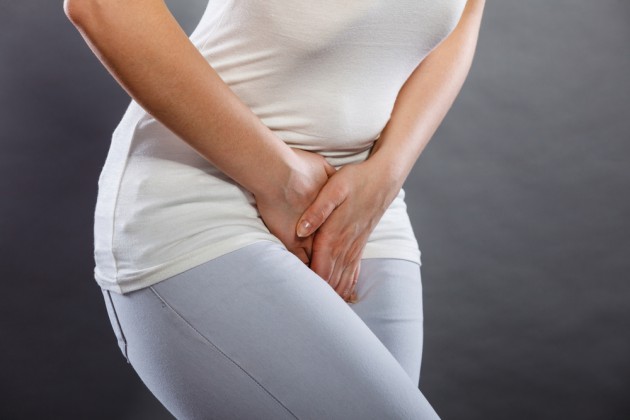
Bacterial Vaginosis or Thrush: What are you dealing with down there?
Since the onset of puberty, we're told that vaginal discharge is totally normal, and simply our body's way of keeping clean.
So far, so good, right?
We're then told that everyone's body, and therefore everyone's vagina, is different, which ultimately makes it a little trickier to ascertain whether your body is ticking along exactly as it should be, or actually sending signals for a little medical intervention.

If all bodies and vaginas are different, how do you know if yours is producing too much discharge?
If all bodies and vaginas are different, how do you know if your odour would be considered a symptom of something?
And if all bodies and vaginas are different, how do you know which signs you should look out for when it comes to matters down below?
Interestingly, many women assume they've been dealt a case of thrush when they start noticing particular issues, but what they've actually is got Bacterial Vaginosis.
Considering that Bacterial Vaginosis is much more common than thrush, it's vital you school yourself on the signs and symptoms in order to properly care for and maintain your vaginal health.

So, first off…
Thrush is a yeast infection caused by a fungus called candida albicans while BV is a bacterial infection caused by an overgrowth in bacteria which occur naturally in the vagina.
While thrush can essentially often go away on its own, BV has the potential to cause serious health implications, such as infertility and heightened vulnerability to STIs, if left untreated.

Now for the nitty-gritty…
Odour
Bacterial Vaginosis: BV often makes itself known through a 'fishy' smell.
Thrush: Thrush doesn't tend to present with a strong odour.
Discharge
Bacterial Vaginosis: Discharge may be greyish-white or yellow in appearance. It is often thin or watery in consistency, and produced in large volumes.
Thrush: Discharge will be particularly white and thick, and take on a 'cottage cheese' consistency.
Discomfort
Bacterial Vaginosis: Although not common, BV can result in vaginal itching and burning during urination.
Thrush: Thrush can result in itching, pain during intercourse and burning sensations.
Treatment
Bacterial Vaginosis: BV can be treated with antibiotics.
Thrush: Thrush can be treated with anti-fungal cream and antibiotics.
If not treated
Bacterial Vaginosis: BV can lead to reduced fertility, premature birth and miscarriage if present during pregnancy, and an increased risk of contracting STIs including HIV, gonorrhoea and chlamydia.
Thrush: Thrush has the potential to go away by itself.






